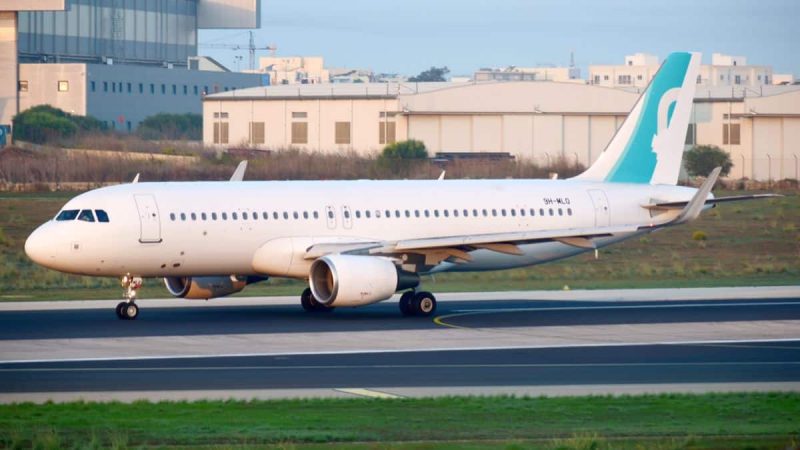Wet lease, also known as ACMI (Aircraft, Crew, Maintenance, Insurance) leasing, is a common principle in the aviation industry that allows airlines to temporarily rent aircraft from other companies to maintain or expand their flight operations.
In a wet lease, the lessor provides not only the aircraft, but also all operational personnel, including crew and maintenance personnel, as well as insurance services. This enables airlines to react flexibly to changes in demand, compensate for seasonal fluctuations or bridge bottlenecks in their own aircraft inventory.
A wet lease flight can have some consequences for passengers. Although the airline with which the passenger originally booked is responsible for the flight, the flight may be operated by another operator. In such cases, passengers generally do not have to fear that their rights will be restricted. You are still entitled to the same services and protections under relevant passenger rights, regardless of which airline operates the flight.
In Europe there are a number of airlines that do not offer scheduled flights on their own account, but only carry out wet lease orders for other airlines and/or fulfill charters for tour operators and other clients. The Avia Solutions Group is represented in this segment by a whole range of legally independent carriers. In Germany, German Airways specializes in ACMI and charter services. Another large provider in Europe, for example, is Hifly.
Wet leases already existed in the 1950s
The development of wet leasing in aviation goes back a long way. The first documented wet lease took place in the 1950s, when airlines began renting aircraft and crews from other companies to compensate for bottlenecks in their own flight operations. Since then, wet leasing has developed into an important part of the aviation industry and is now an integral part of the global aircraft leasing market.
One airline that particularly relies on wet lease aircraft is Norwegian Air Shuttle. Norwegian has leased a significant number of aircraft from other operators in recent years to expand its fleet and strengthen its presence in various markets. This has enabled Norwegian to grow quickly and respond flexibly to changing market needs. In the past, the Corendon Group's airlines also rented an excessive amount of wet lease equipment. At times you had more external machines and crews in use than you operated yourself.
More wet leases in summer than in winter
In Europe, particularly during high season, it can happen more often than average that the booked flight is not carried out by the contractual partner themselves, but by a wetlease partner who is to be viewed as a kind of subcontractor. The reasons can be varied, as it is not uncommon for the use of short-term rented capacity to be cheaper if one of your own aircraft fails than to have to pay compensation to travelers. But often the cause is different: you want to offer more routes and routes, but you don't have enough staff and aircraft available or you don't want to increase accordingly because it's just a seasonal increase.
The advantages of wet leasing are obvious: Airlines can react to bottlenecks in aircraft inventory at short notice without having to make long-term investments in new aircraft. At the same time, they can benefit from the expertise and resources of experienced operators. However, wet leasing also comes with some disadvantages, including less control over flight operations and potential financial risks in the event of breach of contract or unexpected events. Nevertheless, wet leasing remains an important option for airlines to increase their flexibility and optimize their operating costs.







 trail (for them it's free to use)
trail (for them it's free to use)